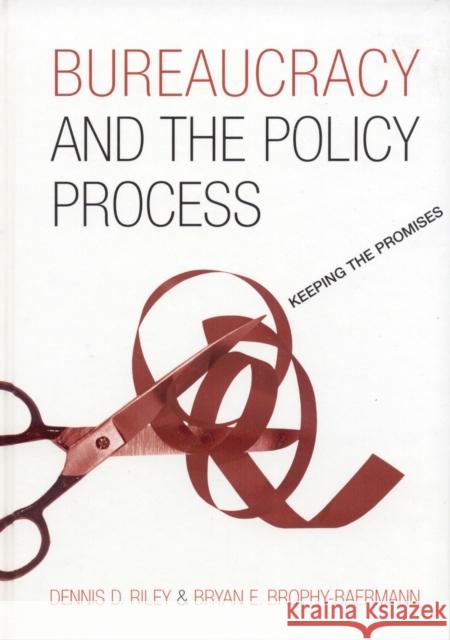Bureaucracy and the Policy Process: Keeping the Promises » książka
Bureaucracy and the Policy Process: Keeping the Promises
ISBN-13: 9780742538108 / Angielski / Twarda / 2005 / 424 str.
Bureaucracy and the Policy Process: Keeping the Promises
ISBN-13: 9780742538108 / Angielski / Twarda / 2005 / 424 str.
(netto: 583,06 VAT: 5%)
Najniższa cena z 30 dni: 604,74
ok. 22 dni roboczych.
Darmowa dostawa!
The central role that bureaucracy plays in the policy process is played by individuals, namely, by subject matter experts and managers we call political executives. These executives do not play their role in a vacuum, of course, but in a context defined by three key forces--the organizational environment of bureaucracy itself; our governing philosophy stressing responsiveness, respect for individual rights, and accountability; and the demands of the people and the institutions those people have created to govern themselves. This book explores how these three forces collide and how the resulting collision shapes the way in which bureaucracy makes policy, as well as the final product of that policy making process. It provides an in-depth look at each of these forces, with chapters specifically devoted to how bureaucrats interpret their role in the policy process, how the organizational environment influences their ability to play that role, and, most of all, to the interactions between bureaucrats and the institutions of what we call the Constitutional government: the President, the Congress, and the courts. It does this, all the while reminding us that fitting bureaucracy into a society that views itself as self-governing is no easy task.











